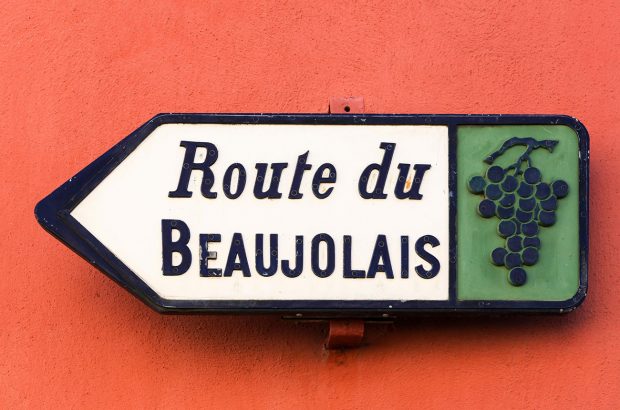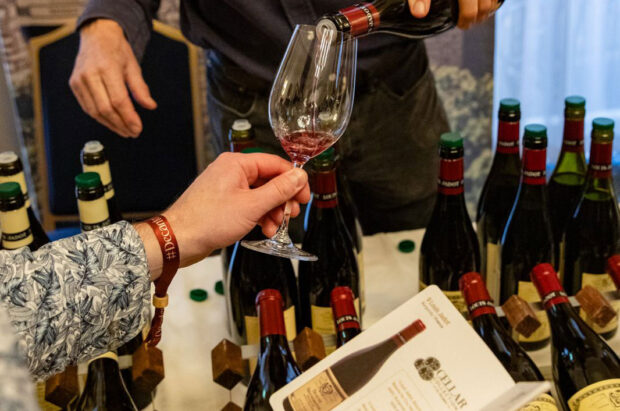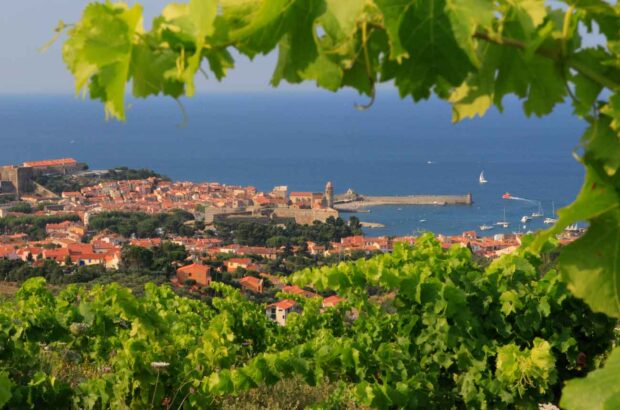Grapevine trunk diseases are a growing concern for French winemakers with the latest government figures showing more than 100,000 hectares of vineyard lost in 2014.
The effects of grapevine trunk disease.
Diseases known as esca, black dead arm and eutypa lowered potential wine production by 13% in France in 2014, according to the agriculture ministry and French Wine Institute (IFV). The diseases are costing France the equivalent of 1bn euros ($1.14bn) annually in lost wine production, IFV said.
Although some vines survive grapevine trunk diseases (GTDs), yields can fall by up to 50% in affected vines.
Certain grape varieties are more susceptible to the vine-killing wood fungi. ‘Sauvignon Blanc, Cabernet Franc, Chenin Blanc and Melon de Bourgogne were the varieties most affected in the Loire Valley in 2014,’ said Etienne Goulet, technical director of trade body InterLoire.
It said between 10 and 15% of potential production was lost last year. InterLoire also estimated that at least 5% of Europe’s vineyards were affected by GTDs.
‘This is now a real economic problem,’ said Pierre Van Ruyskensvelde, general director of the IFV. ‘It is the top priority for the wine industry not only in France but across Europe,’ he said.
Bordeaux’s wine bureau, CIVB, reported above average rates of infection for Cabernet Sauvignon and Cabernet Franc vines in 2014, but said Merlot was less affected.
Chardonnay and Pinot Noir, too, have proved more resistant, despite particular concern about esca in parts of Burgundy.
‘Grapevine trunk diseases (GTD) have not affected production levels in Burgundy,’ said Guillaume Morvan, co-ordinator of GTD at Burgundy’s Chamber of Agriculture.
Ugni Blanc in Cognac and the Jura’s Savagnin and Trousseau are among the most affected grape varieties according to Bruno Doublet, of France’s agriculture ministry.
In France, problems with GTDs are believed to have risen after authorities banned the use of toxic sodium arsenite on vines in 2001.
Dr Florence Fontaine, a scientist working on the issue, said the only commercialised anti-GTD product in the European Union – Bayer’s Esquive WP – can only reduce the impact of disease rather than cure vines.
Related Content:
Written by Barnaby Eales







